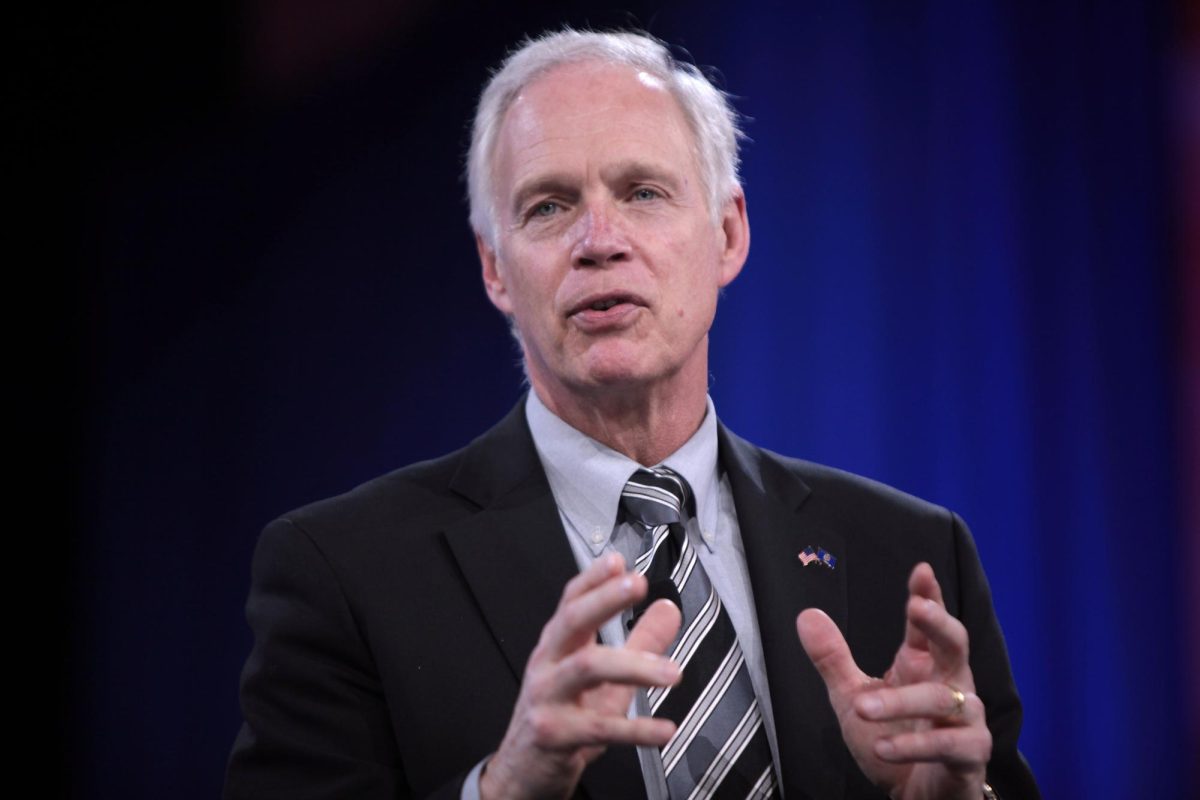
The House Republicans elected Republican representative from Wisconsin’s First District Paul Ryan to Speaker of the House after Congressman John Boehner announced his resignation amidst internal pressure on Oct. 29. Political science major and Northeast Regional Director of the UW Oshkosh College Democrats Grayson Burke, said he believes Ryan is more apt to work with Democrats than former Speaker Boehner. “I think there is going to be a difference between these two speakers,” Burke said. “Paul Ryan is more willing to open his ears to Democrats than John Boehner was. I think he is a conservative who comes to the table with a little different views.” Burke said Ryan will at least be interested in hearing the concerns from Democrats on issues they find important. “In terms of policy, I think Paul Ryan is more willing to listen to initiatives about poverty, immigration and things [Democratic issues] like that,” Burke said. “But I don’t think he is as willing to listen to more of the wedge issues such as healthcare or gay marriage.” Political science major and UWO College Republicans member Jakub Nowak said he believes it is hard to determine if Ryan will indeed be able to work ‘across the aisle,’ but he is sure a greater effort will be put forward. “I feel like Paul Ryan would make a better effort [than John Boehner] in keeping people under control,” Nowak said. “Maybe not having such a big stalemate.” Nowak said not having a stalemate is an important aspect of the speakership and even more important when discussing the recent budget proposal. “Hopefully, when proposing the budget there is not going to be a big stalemate [under Ryan],” Nowak said. “In turn, this will decrease the chances of a government shutdown.” The House passed a temporary budget for the next two years on Nov. 2, ensuring that an issue with the budget will not occur until after the presidential election in 2016. David Siemers, political science professor of American Government, Theory, and the Presidency, said the passage of this budget is the most interesting part of this transition of the speakership. “Boehner was tired of doing the job, and the Freedom Caucus was perhaps making moves to have a new Speaker,” Siemers says, “But they can’t muster enough votes to come up with their own speaker. So in a way, this is the Freedom Caucus forcing the hand of the Republican Speaker [to resign].” According to Siemers, the two-year budget agreement and vote is exactly what the Freedom Caucus did not like about Boehner’s speakership. “Where you have almost all Democrats and about 40 or 50 Republicans signing on to a two-year budget deal,” Siemers said, “this is exactly what they did not want, and yet they kind of moved that forward.” Siemers said he believes the cooperation of the Freedom Caucus and House Republicans on the budget is more a policy of patience rather than compromise. “[This passage of the budget] shows, for the moment, that shutting down the government would be a terrible thing to do heading into the 2016 election,” Siemers says. “[Republicans] are keeping their powder dry for another attempt at cutting the budget, especially large ticket items like Social Security, Medicare and Medicaid until after the 2016 election which they hope will bring unified government on the Republican side. Then they can trim the size of the federal government and make the changes that they want to.” According to Siemers, the passage of this new budget, which was staunchly opposed under the Boehner speakership, shows that there must have been a behind the scenes agreement. “So they have taken a voluntary one or two steps back,” Siemers said. “Paul Ryan clearly discussed these matters with them in their closed meeting and came up with a pledge to vote for him (by and large) and let that [the budget] move forward without protesting. They would then wait until 2017 to actually enact their agenda.” Siemers said with the recent change of speakership and passage of this two-year budget plan, there seems to be, at least in the short term, more compromise among members in the House. He also said whether this compromise is truly altruistic or just another election tactic is still up for debate. “I don’t know what will happen,” Siemers said. “Because that would require us to predict the future, and that is something we cannot do.”








